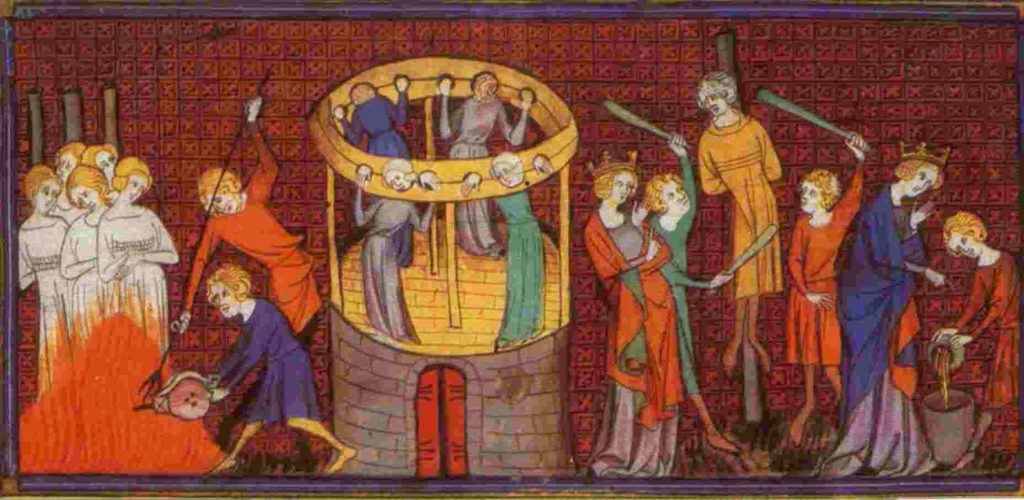
Published May 25, 2022
A Texas Department of Public Safety spokesman, Lieutenant Chris Olivarez, described the gunman as “just a complete evil person.”
Was that it? Was Salvador Ramos evil? Or was he an unhappy young man who stuttered, had a lisp, was bullied and mocked by the other students and came from a dysfunctional home with a mother who used drugs? Why do people do these things? Because they are unhappy? Because they are crazy? Or can it be that they are, in truth . . . evil? Evil is a very big word.
Writing in Time magazine about the slaughter of 16 schoolchildren and a teacher in Dunblane, Scotland, 26 years ago, I called it an evil act; I said that the shooter himself, a man named Hamilton, was evil. A medical doctor, a civilized man, wrote to me saying that I was stupid to use such a medieval word as evil. Clearly, said the doctor, the man who shot the children was mentally ill. I felt chastened.
On the other hand, why not use a medieval word like evil? Things have only gotten worse since Dunblane. I sometimes think that the 21st century, by a trick of time and physics that we don’t yet understand, has been caught in an undertow. We are being drawn back toward something primitive and indeed medieval, as if the most impressive scientific and technological progress were being matched by an equal and opposite regression.
Salvador means “savior,” quite a name for a killer of children. But what does it matter whether we say that he was evil?
Click here to read the rest of this piece at the Wall Street Journal’s website.
Mr. Morrow is a senior fellow at the Ethics and Public Policy Center. His latest book is “God and Mammon: Chronicles of American Money.”
Lance Morrow is the Henry Grunwald Senior Fellow at the Ethics and Public Policy Center. His work focuses on the moral and ethical dimensions of public events, including developments in regard to freedom of speech, freedom of thought, and political correctness on American campuses, with a view to the future consequences of such suppressions.








